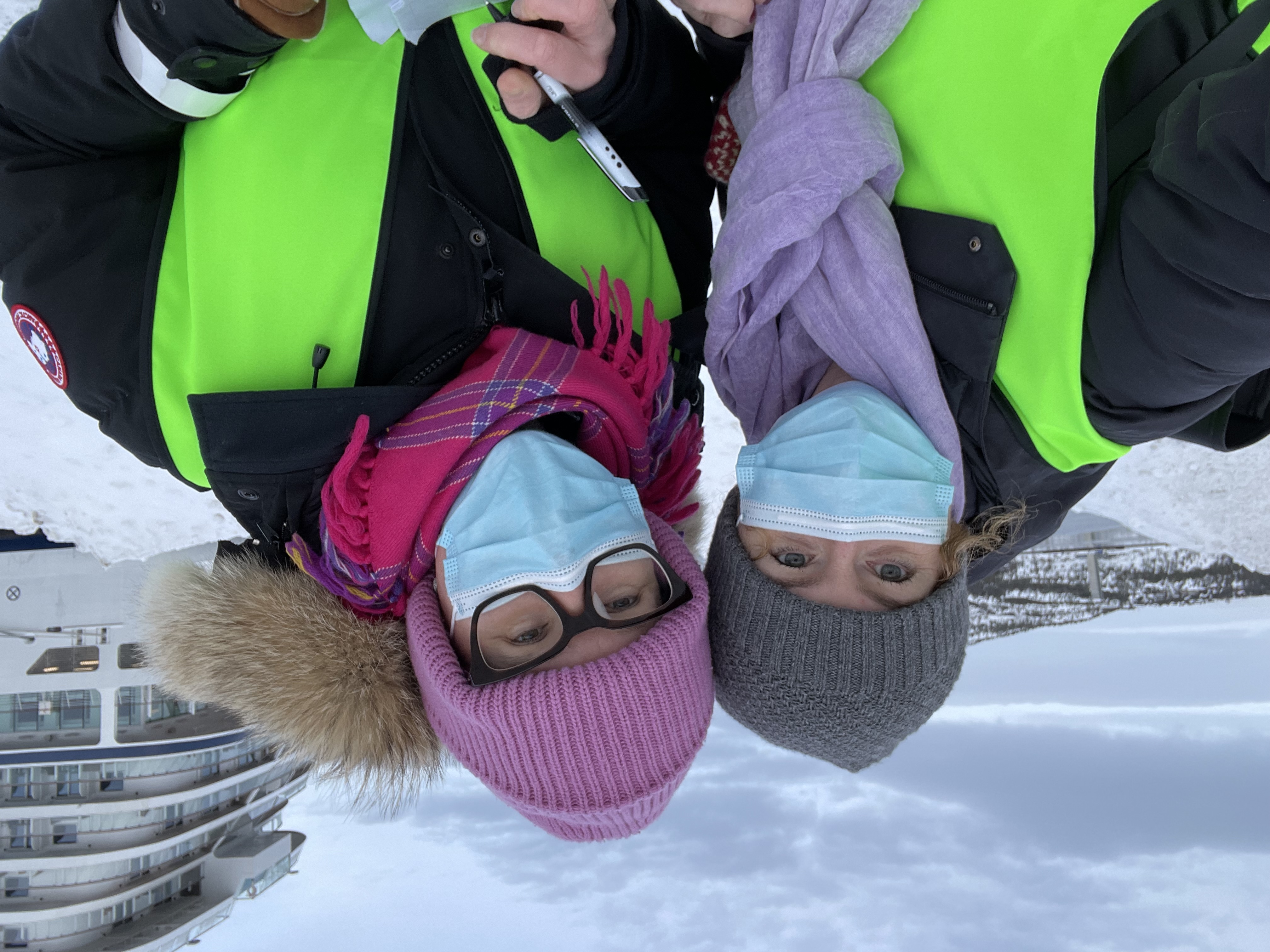Qualitative research methods, such as interviews, observations, desk study, and document analysis, provide valuable insights into complex phenomena by exploring the perspectives and experiences of individuals and analyzing relevant documents. During 2021 and 2022, these methods were employed by the researchers involved in this project to investigate the tourism community in the case communities.
Interviews were a central component of the qualitative research process. The researchers engaged in face-to-face interviews members of the tourism community. These interviews allowed the researchers to gain in-depth insights into the participants’ experiences, perceptions, and knowledge related to cruise tourism in Alta. By using open-ended questions, the researchers encouraged the participants to share their personal narratives, opinions, and emotions, generating rich qualitative data.

In addition to interviews, the researchers conducted observations during their fieldwork. By immersing themselves in the community, the researchers were able to observe the daily routines, interactions, and practices of community members while working with cruise tourism. This direct observation provided contextual understanding and allowed the researchers to capture nuanced aspects of the community’s dynamics and behaviors that might not have been revealed through interviews alone. Observations enabled the researchers to identify patterns, conflicts, and social dynamics that contributed to a comprehensive understanding of the community.
Desk study and document analysis were vital components of the research process. The researchers examined existing literature, reports, and relevant documents pertaining to the community. This desk study provided a broader context and background information, enabling the researchers to develop a comprehensive understanding of the community’s history, culture, and relevant policies. This process facilitated the identification of key themes, trends, and discourses that influenced the community’s dynamics.
The combination of interviews, observations, desk study, and document analysis allowed the researchers to triangulate the data and validate their findings. This comprehensive approach provided a holistic understanding of the community, its practices, challenges, and aspirations. By conducting research during both summer and winter, the researchers were able to capture potential variations in the community’s activities and dynamics across different seasons.
Within the context of our project, we have discussed the data with international researchers that have been working on other Arctic cruise cases. Our analytical framework, focussing on cruise related practice bundles and sustainability, will allow us to compare our cases.
